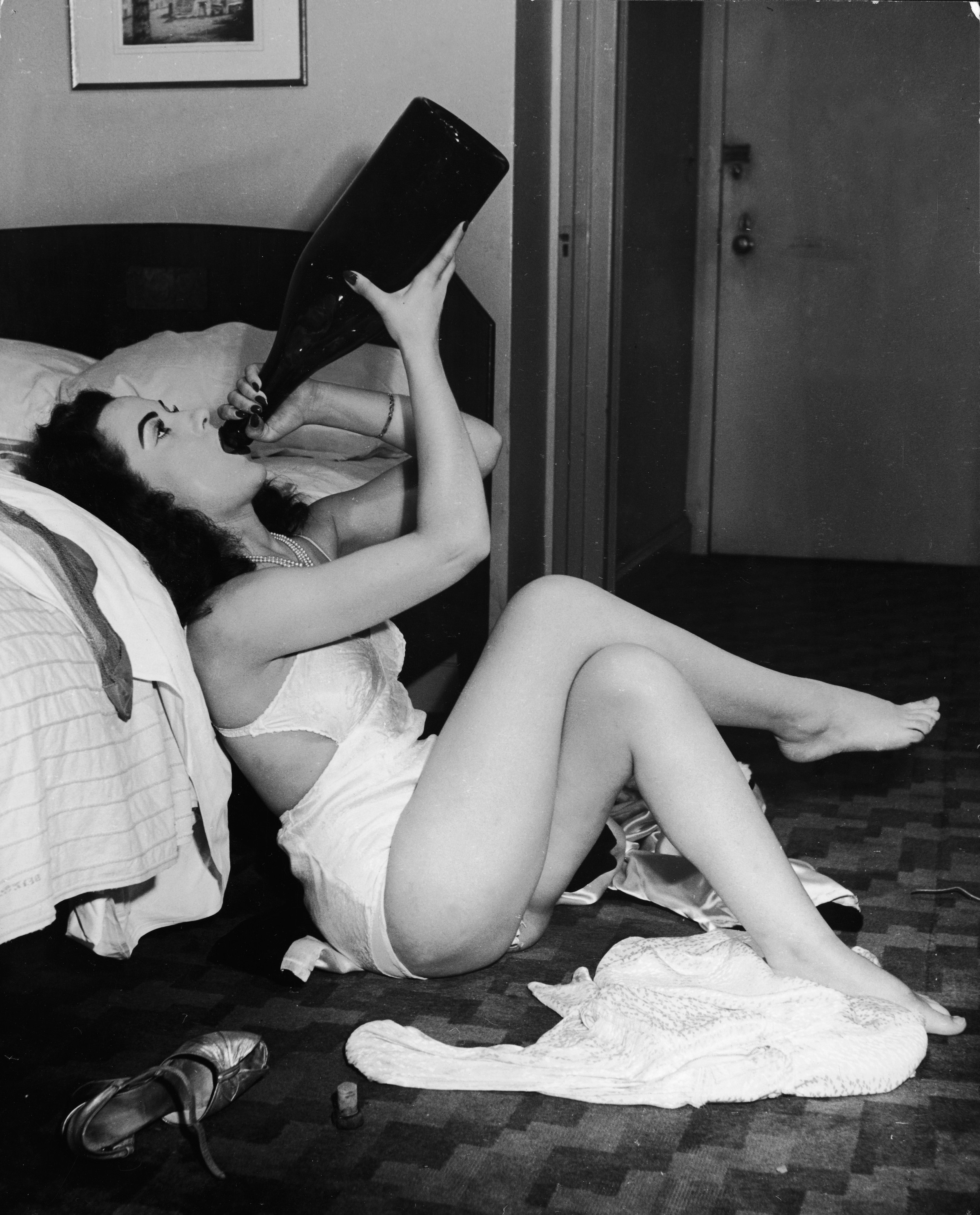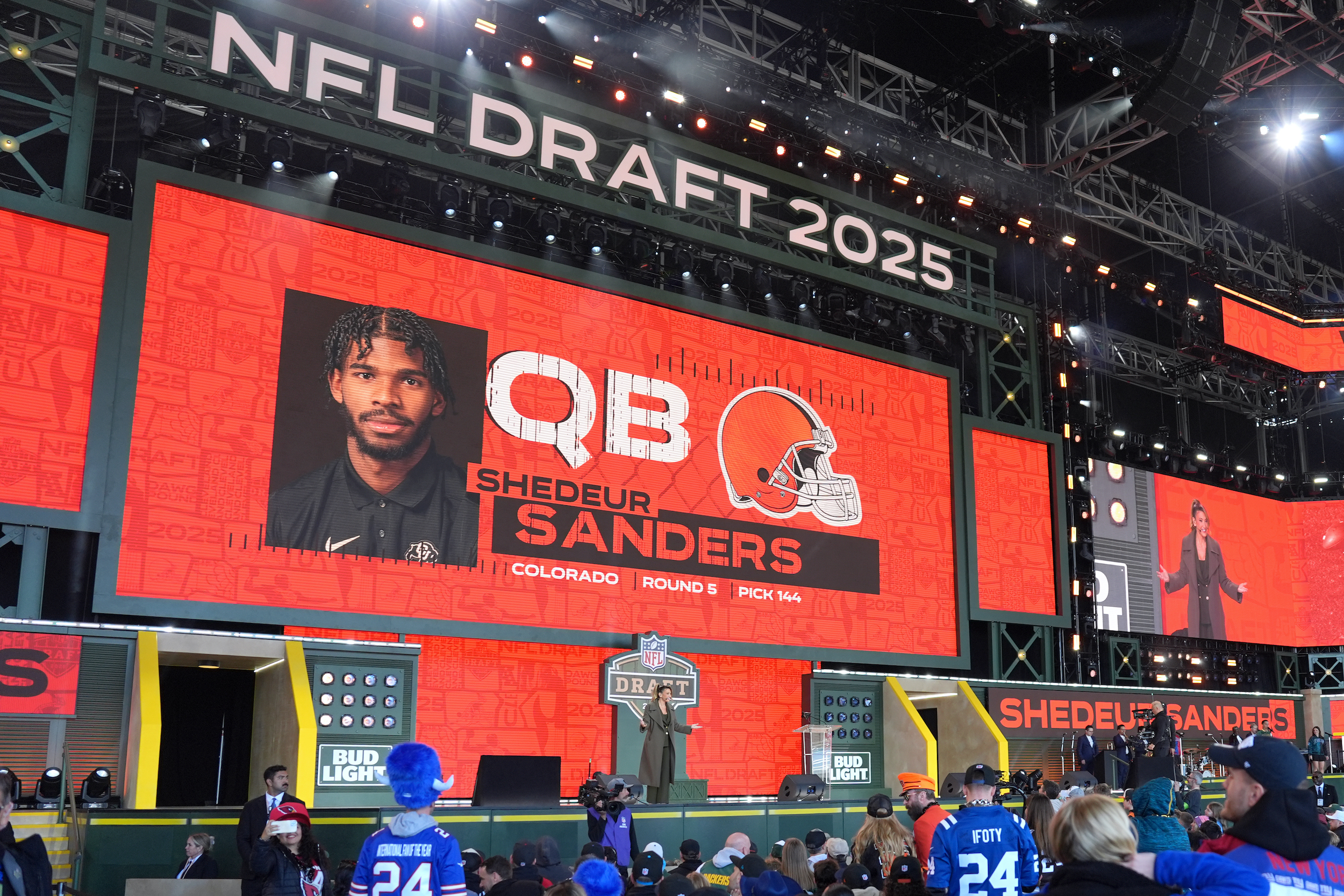The first time I saw someone my own age get drunk I was probably 10 or so. It was a birthday party for a friend of the family’s who had a son my age. This son was, at a critical moment, supposed to present his mother with a celebratory bottle of champagne. Maybe it was a surprise party? Anyway, the son had a friend of his own there, and the three of us sat around contemplating the bottle of champagne. At which point the son made the artistic decision that the presentation would be funnier if the champagne bottle appeared to have been drunk from and he pretended to be drunk. In retrospect I am impressed and surprised that we opened the bottle without difficulty; it is less surprising that the son did actually drink from the bottle.
I have zero memory of how much he drank. Probably not that much. What followed was a giggly conversation where we all tried to decide if he was or was not actually drunk, and the longer we tried the giddier we all got, so that it became impossible to distinguish the giddiness of the situation from giddiness caused by alcohol. During this conversation, the son adopted all the cues from that era’s stylized portrayal of drunkenness—hiccuping, swaying, slurring his words. We achieved a consensus. He was definitely drunk. Super-drunk. No doubt about it.
The point of this anecdote is that I cannot remember a time when my relationship to alcohol was not shaped by both popular culture and social convention. And yet, as with so many similar things in my life, in order to enjoy drinking, I need to tune out the ways in which what I like is dependent on what I was taught to like and how I was taught to like it. Which is probably why I am so bothered by a particular commercial for alcohol.
This is the commercial. ESPN+ shows it to me a lot. The trappings—the handsome man, the nicely appointed apartment, the well-groomed dog, the Christmas lights, the music played on a record player—are so conventional that it took me about six viewings to realize that the man was alone in his apartment and that this fact was not incidental. I was watching a commercial for drinking alone. Maker’s Mark was selling me drinking alone.
My immediate reaction was to imagine a series of companion ads, all aimed at retaking the territory that the mainstreaming of marijuana and years of public health warnings have seized from alcohol. Drinking at work! A white-tableclothed steakhouse at lunch, coworkers engaged in banter and self-congratulation, the clink of glasses with amber fluid in them. Drinking first thing in the morning! A silvery espresso maker steams out a demitasse of coffee into which one half of a tastefully be-pajamaed couple tips a couple of drops from a red-waxed bottle. Secret drinking! A grandfather eases his bottle of bourbon out from beneath a pile of neatly folded cashmere sweaters, taking a slow swallow as he smiles fondly at the patter of little feet running through the house.
You don’t, of course, need to imagine a full-fledged campaign targeting problem drinkers to understand this commercial. Introverts have been a talking point for the past decade or so; why not aim a liquor commercial at people who would rather be quiet? Even non-introverts may find themselves wary of going to bars in the midst of a pandemic, and you want to make sure you’re capturing as much market share as possible of the stay-at-home drinkers. Real estate has always been an area of aspiration, one our current economic climate has done nothing to diminish the unattainable sheen of. Wood floors! Pet friendly! This guy has the space of our collective discretionary spending dreams.
It was funny that I needed to spell all of this out to myself—that I thought about it at all—because I am not someone who needs to be sold on drinking alone. I have complicated feelings about drinking in general and my own drinking in particular. Having these complicated feelings is, as far as I can tell, an essential part of being a middle-aged American. But my personal dream mode of alcohol consumption is at home in the middle of a weekend with something I want to read. Some sunlight drifting over me? Great! Maybe snacks? Not the precise scenario of the commercial—I don’t have a dog—but close enough. Basically the same thing. In other words, I have already bought what the commercial is selling. It grosses me out anyway.
The conversion of lived human experience into an aesthetic object is always a little gross. The act of selection and depiction, the imposition of coherence, and, often if not always, beauty, transforms and changes—even when the rendition itself is not fucked up, it is something different than the actuality of being alive. So in some ways, it’s actually less gross when that aesthetic object is explicitly designed to sell you something; at least you know why they’ve sanded off the jagged edges of reality. It is not actually the commercial’s re-recording of an iconic song so as to evoke the concept of memory without the potential unpleasant baggage of actual memories (although, let’s be real, that particular choice was almost certainly financial), nor its fussy insistence on the handsome man’s phone buzzing (he doesn’t have to be alone; he’s choosing to be alone), that weirds me out. The uncanny valley gets more uncanny as it gets closer to reality; this is why I both love and am unsettled by Taylor Swift breakup songs and serious war movies. I would not actually be more comfortable with this commercial if it contained more searing insight into the human condition.
It’s easy to resent commercials for the way they try to make me feel like I’m falling short, and certainly one possible reason why this commercial bugs me is that Maker’s Mark is telling me that I’m not doing a good enough job of drinking alone. It’s here to remind me that I could be drinking a higher quality of alcohol, keeping the house cleaner, perhaps engaging in drinking alone as a thoughtfully meditative practice rather than just flopping down on the couch with something from the fridge. Put on some music, Maker’s Mark tells me. Get a dog! Get some friends that you could blow off! Generational good fortune has given me a place where I can drink alone, but Maker’s Mark wants me to know that I am not taking enough advantage of it. It turns out that any human activity can be given the high-gloss treatment, can be turned into the shiny and unobtainable; it just mostly is not portrayed as worth doing unless there’s something to buy at the center of it.
Or what if: Maker’s Mark is not rebuking me. Maker’s Mark is telling me, a longtime solo consumer of alcohol, that I am doing a good job. It’s giving me an approving two-handed handshake. This interpretation pairs nicely with the other thing I see on my television all the time, which is Mark Messier asking me calmly but also menacingly if I have realized yet that I cannot look away from the screen, followed by a montage of hockey clips. Every time I see this it is because I am already watching hockey. I am not looking away! I am looking straight ahead! Just the way Mark Messier wants!
I do not like this any better than the idea that I’m somehow failing in my drinking alone. It upsets me to remember how well I have transformed myself into what our corporate overlords want me to be. Stay exactly where you are, don’t change a single thing.
Really, it doesn’t matter what position the commercial takes on my personal habits. Really what bothers me is the way the commercial sets off the perimeter alarms around a favorite zone of willed self-deception: the false idea that some aspects of life, like, say, having a drink alone at home, can escape cultural scrutiny and instruction. It is not clear to me how I am able to maintain such a zone at all; I have been lectured by advertisers about my body hair and my bathroom habits, and I know that my drinking habits owe more to the Dewar’s Profiles of my youth than anything natural about my personality. I know better than this and still, every time, it catches me off guard. I want to pretend that I exist outside of what I consume. Advertisers know better.






